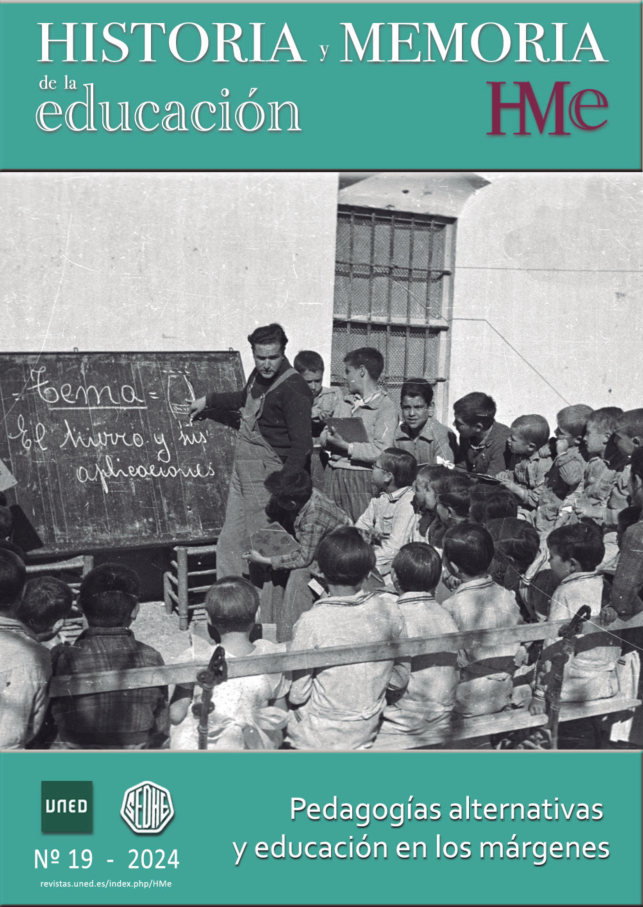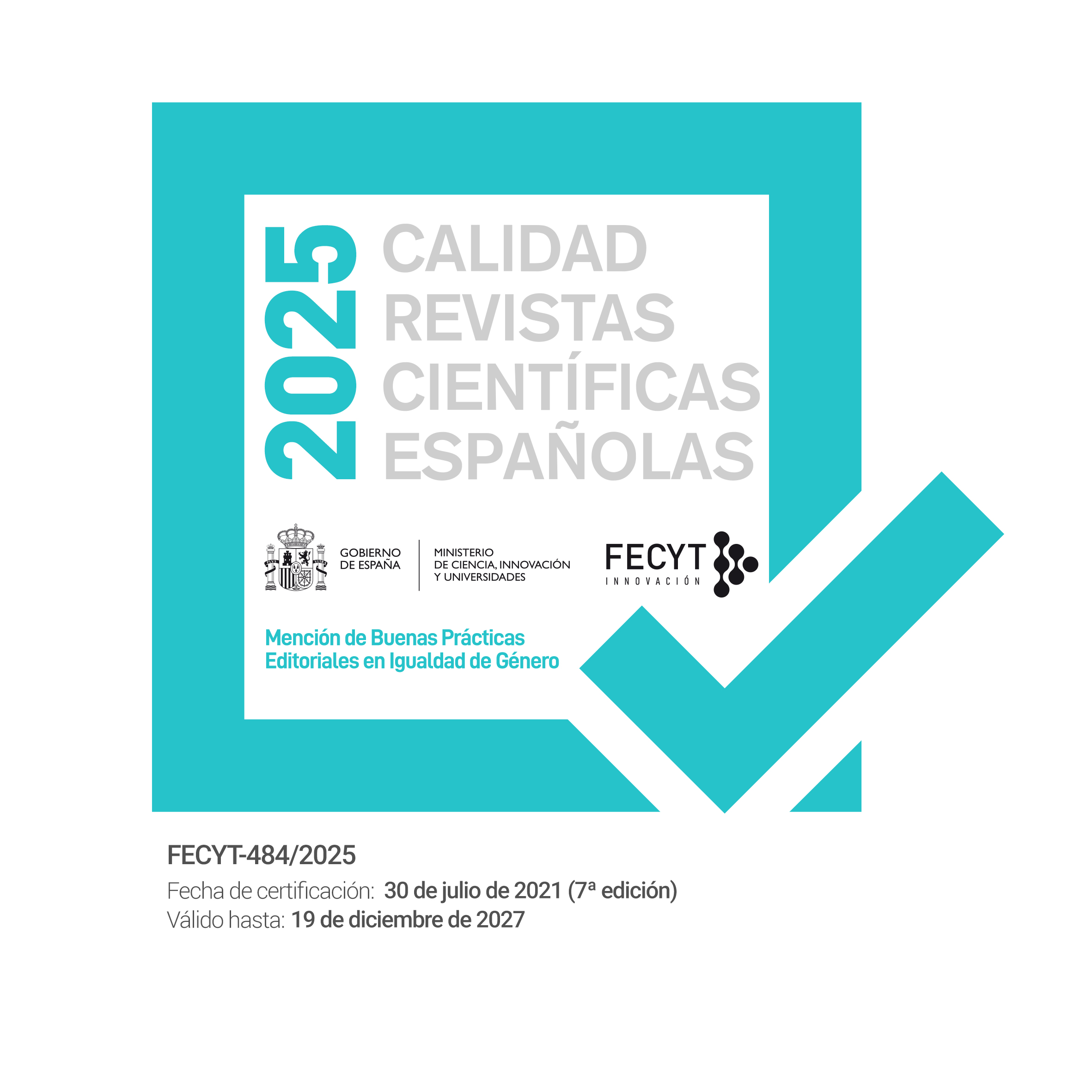Interview with Federico Mayor Zaragoza, Minister of Education (1981-1982) and General Director of the UNESCO (1987-1999)
DOI:
https://doi.org/10.5944/hme.19.2024.38872Keywords:
UNESCO, Peace, Spanish TransitionAbstract
Since its founding in 1945 after the victory over fascism in World War II, the United Nations Educational, Scientific and Cultural Organization (known by its acronym in English: UNESCO) has been one of the most influential entities on international educational and cultural policies. In this interview we spoke with Federico Mayor Zaragoza, who held inportant positions in this organization between 1978 and 1999, including that of General Director, about its evolution and its influence on the policies of various countries, especially in relation to its main mission: erect «the bastions of peace» in the minds of human beings. Likewise, we talked about Federico Mayor Zaragoza’s previous experience in various positions in the educational administration in the 70s, especially about the relevance of various personalities in those years and the dynamics of the Transition that he experienced so closely
Downloads
References
Mayor Zaragoza, Federico. Los nudos gordianos. Barcelona: Galaxia Gutenberg, 1999.
Mayor Zaragoza, Federico. Delito de silencio: ha llegado el momento. Es tiempo de acción. Barcelona: Comanegra, 2011.
Mayor Zaragoza, Federico. Inventar el futuro. Rute (Córdoba): Ánfora Nova, 2021.
Downloads
Published
How to Cite
Issue
Section
License
Copyright (c) 2023 Historia y Memoria de la Educación

This work is licensed under a Creative Commons Attribution-NonCommercial 4.0 International License.
Authors who publish in Historia y Memoria de la Educación agree to the following terms:
- Authors retain copyright and grant the journal right of first publication with the work simultaneously licensed under a Creative Commons Attribution-NonCommercial 4.0 International that allows others to share the work with an acknowledgement of the work's authorship and initial publication in this journal.
- Authors are able to enter into separate, additional contractual arrangements for the non-exclusive distribution of the journal's published version of the work (e.g., post it to an institutional repository or publish it in a book), with an acknowledgement of its initial publication in this journal.
- Authors are permitted and encouraged to post their work online (e.g., in institutional repositories or on their website) prior to and during the submission process, as it can lead to productive exchanges, as well as earlier and greater citation of published work (See The Effect of Open Access).












